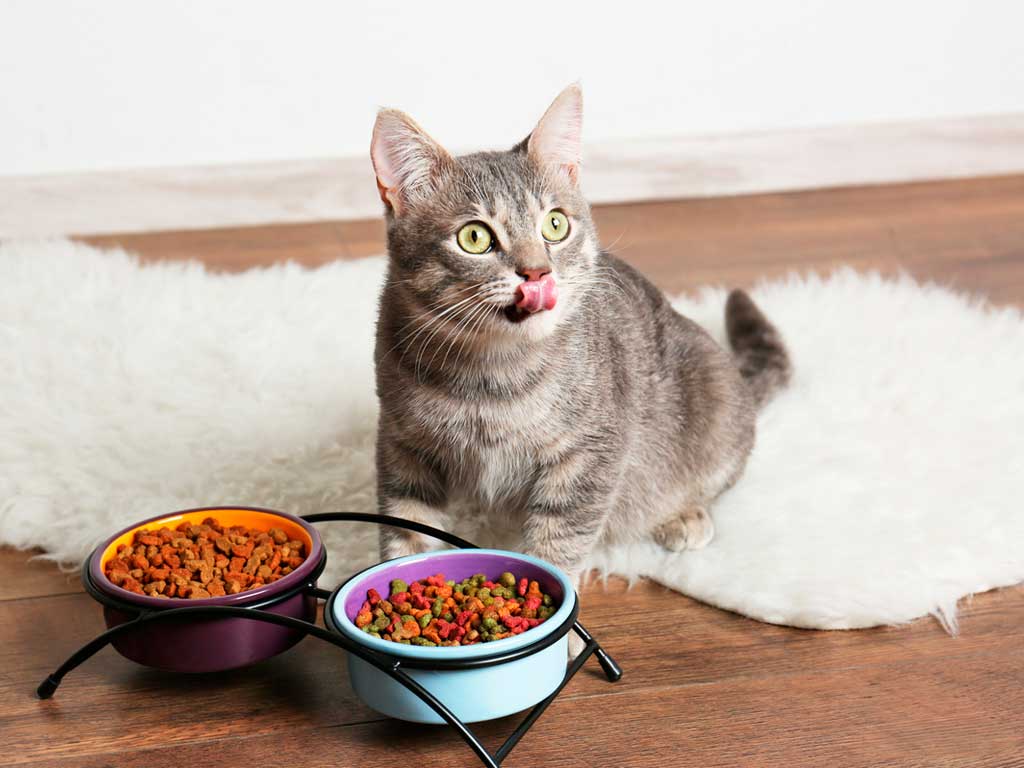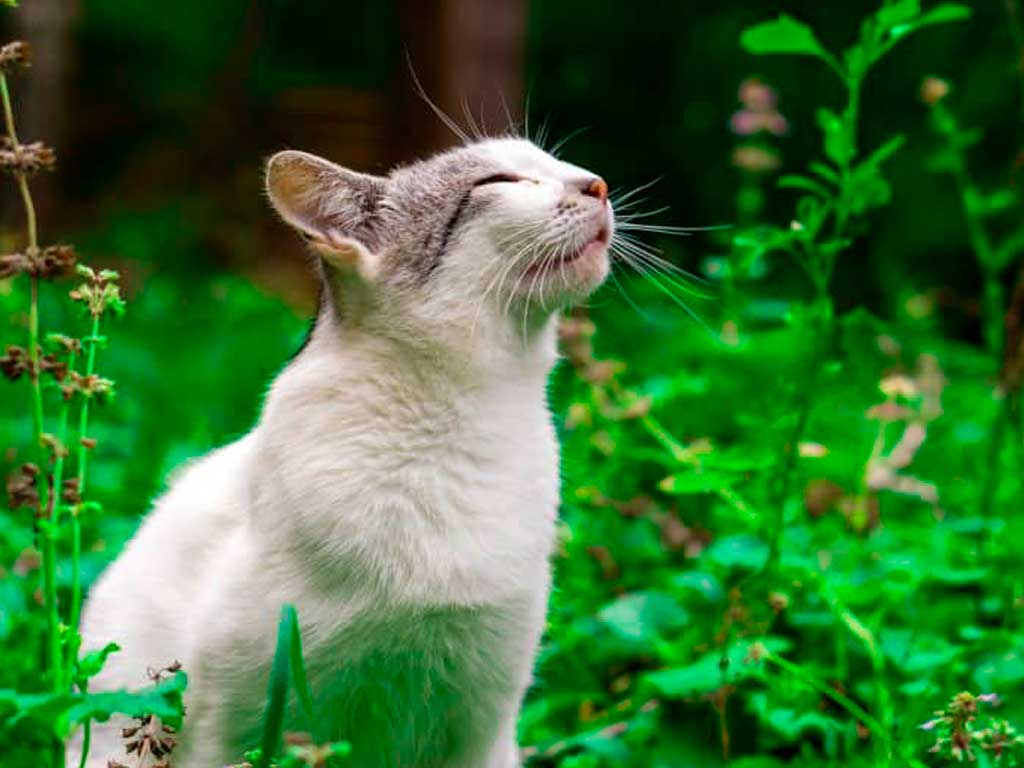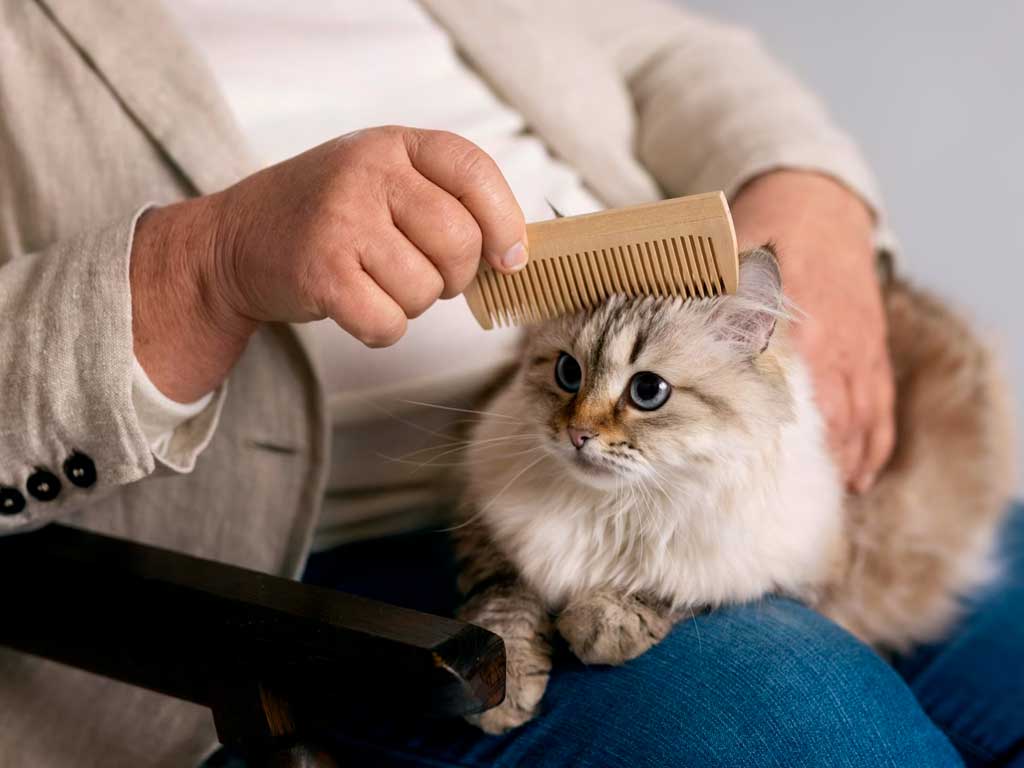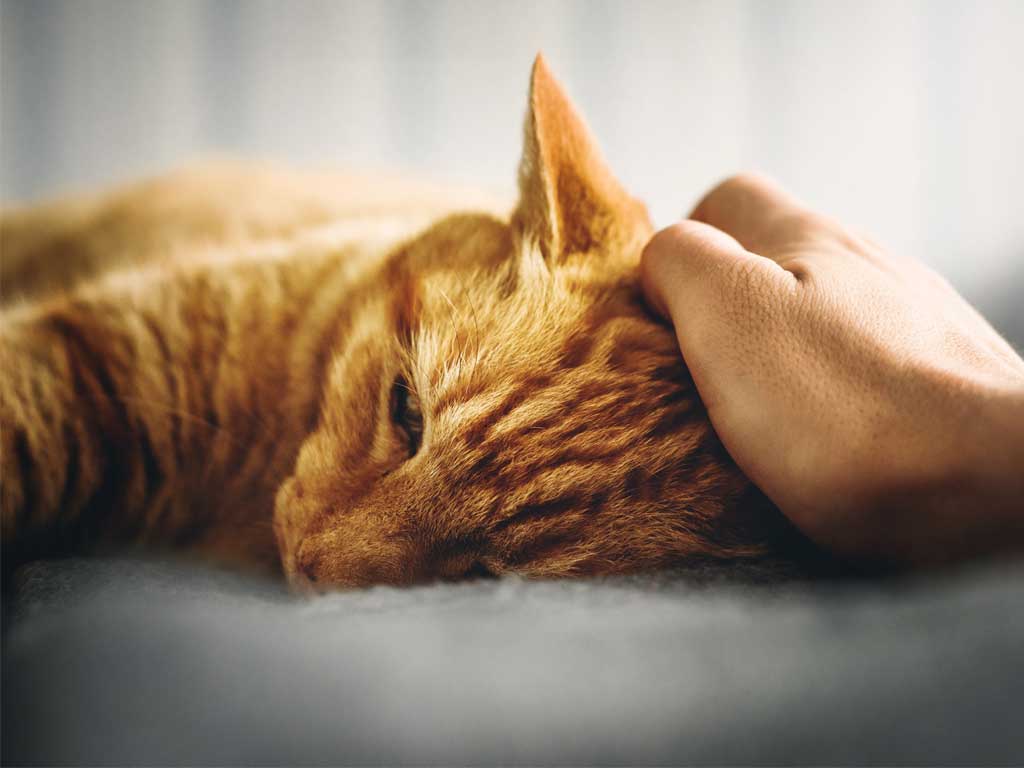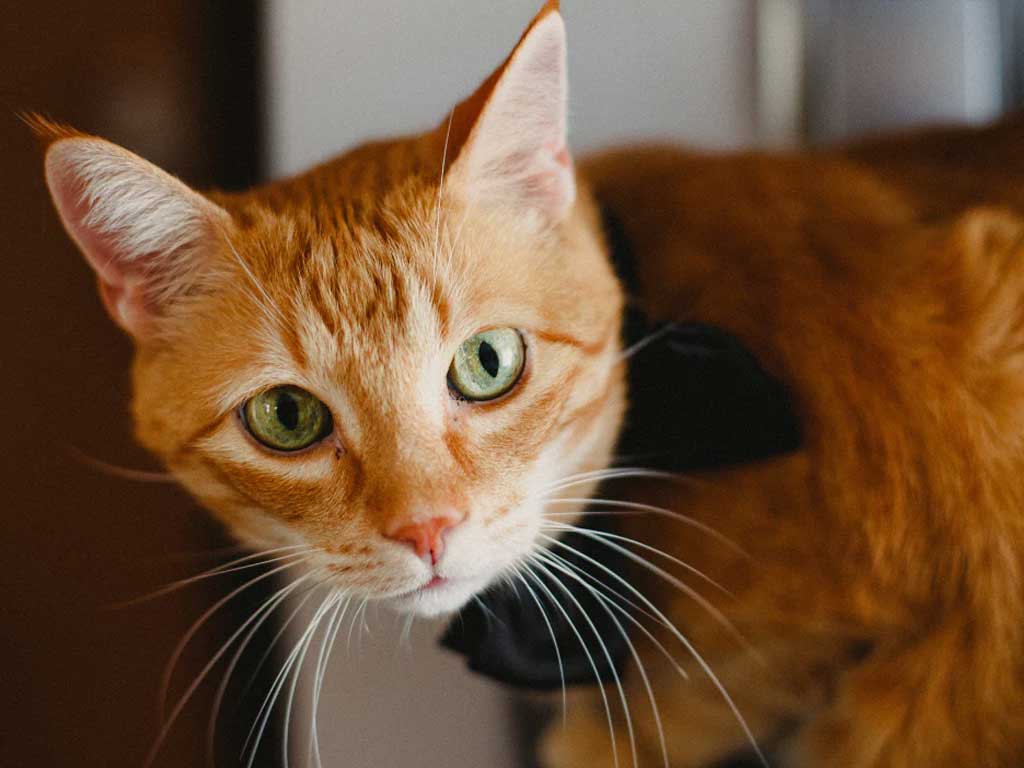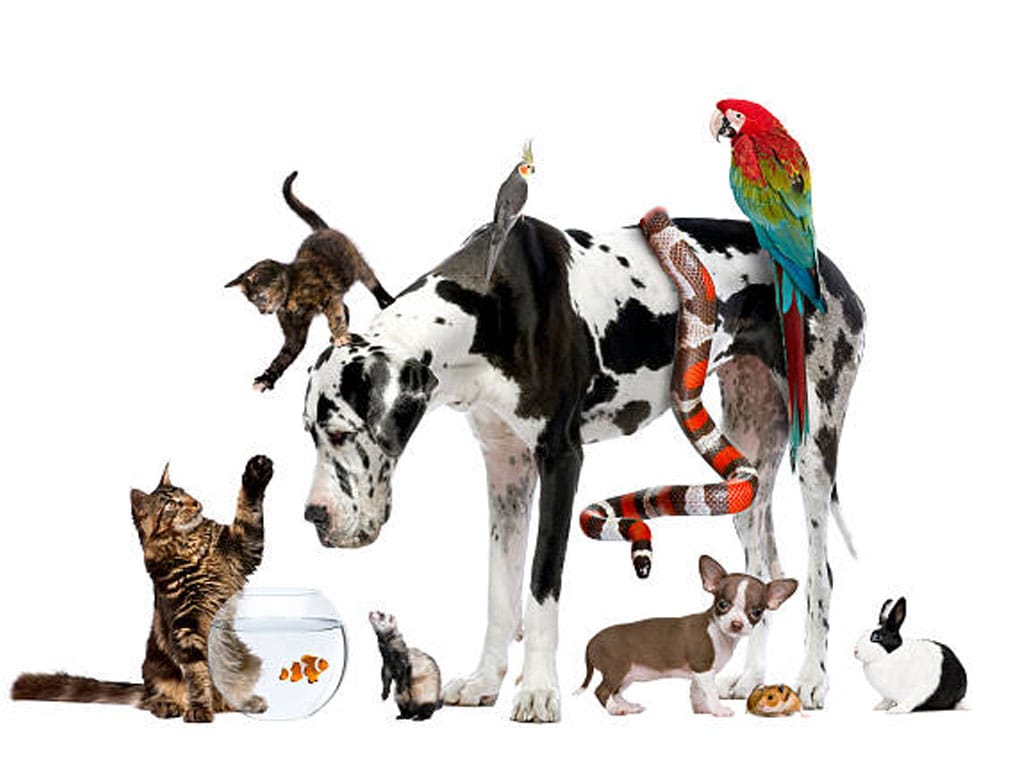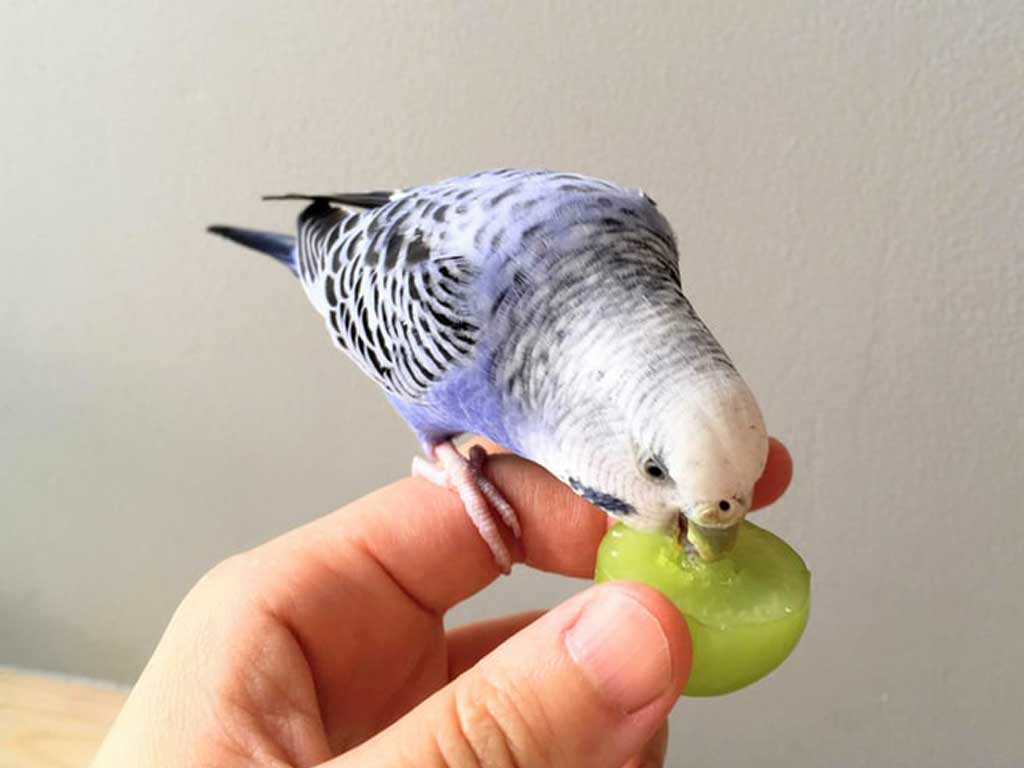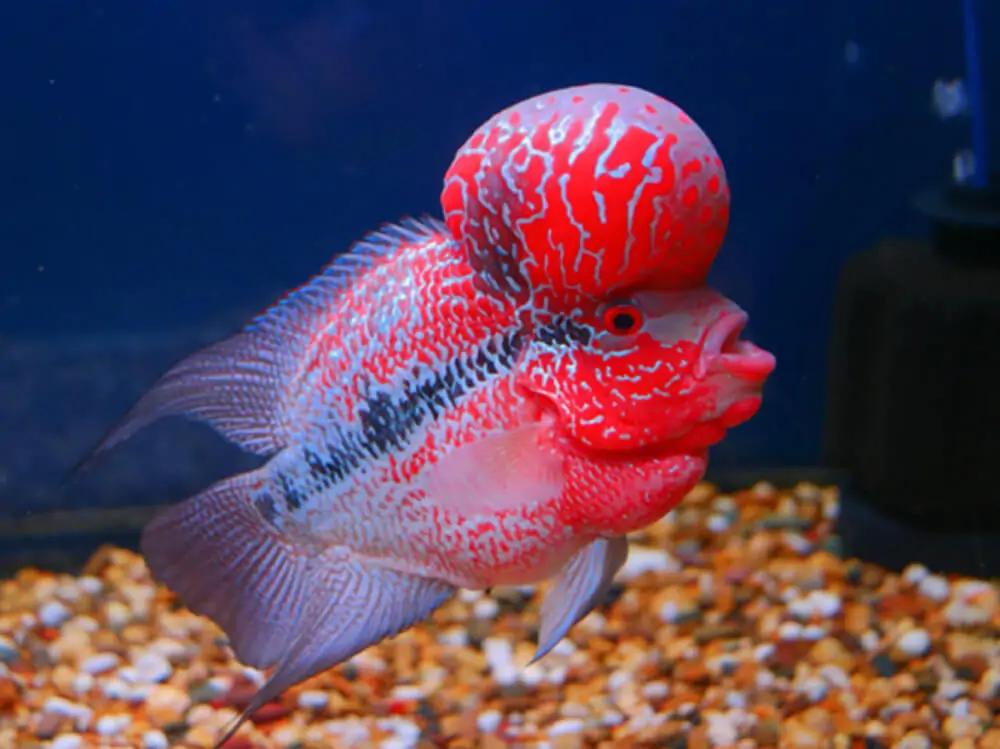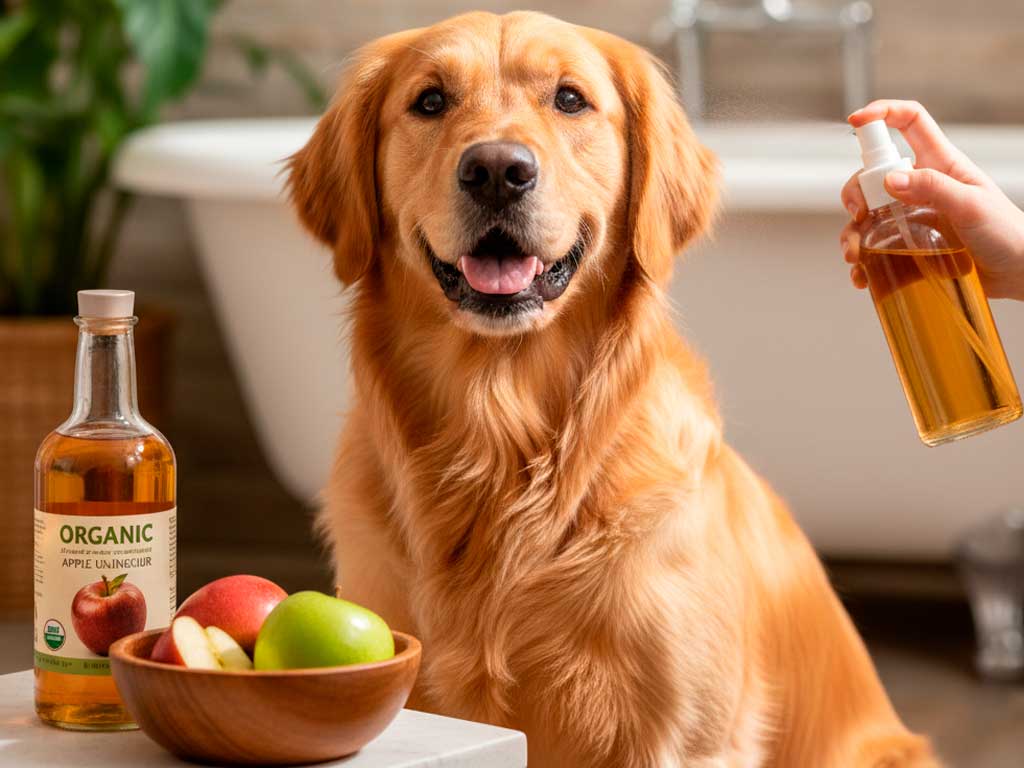Feeding your cat the right diet is crucial to its long-term health and well-being. Balanced nutrition not only provides you with the essential nutrients you need, but also contributes to dental health and a regular digestive system. Understanding how and how much to feed your cat is key to keeping him at a healthy weight and preventing illness.
Cat nutrition is not a topic that should be taken lightly. Cats are obligate carnivores, meaning they require certain nutrients only found in meat. These nutrients include vitamins, minerals, and specific proteins, such as taurine and arginine. Without a proper diet, cats can develop serious health problems, such as heart disease, eye problems, and even blindness.
Types of cat food
Wet food vs. dry food
Each type of food has its benefits. Dry food is convenient and can improve dental health, while wet food helps keep your cat hydrated and is easier for cats with health problems to eat.
Raw feeding
Some owners opt for a raw diet, which can be beneficial if managed correctly. However, it requires planning and care to avoid health risks.
Essential nutrients for cats
Proteins and amino acids
Cats are obligate carnivores and need specific proteins and amino acids such as taurine and arginine, which are only found in meat.
Vitamins and minerals
are essential for your cat’s health. A balanced diet should include all of these nutrients in adequate amounts.
Dangerous human foods for cats
It’s tempting to share your food with your cat, but some human foods can be poisonous to them. These include:
- Onion and garlic
- Milk and dairy products
- Chocolate
- Grapes and raisins
- Dog food
How to choose the right food
- Factors to consider: When choosing food for your cat, consider their age, lifestyle, and any existing health conditions. Check the ingredient list and look for high-quality foods.
- Consult with the veterinarian: Your veterinarian can help you decide the best diet for your cat based on his or her specific needs.
Frequency and amount of feeding
The amount of food your cat needs depends on its breed, age and size. Divide the recommended daily amount into small meals throughout the day to avoid overeating.
Treats and supplements
Treats should be low in sugar and carbohydrates, and should make up no more than 10% of your cat’s diet. Supplements may be necessary in some cases, but always consult with your veterinarian.
Adequate hydration
Water is essential for your cat’s health. Make sure he always has access to fresh, clean water. Consider using wide, shallow plates for comfort.
Adapt the diet according to the stage of life
Your cat’s nutritional needs change as he ages. Be sure to adjust their diet to meet their needs at each stage of their life.
Special diets for health problems
If your cat has health problems such as diabetes or kidney problems, he or she may need a special diet. Consult your veterinarian to determine the best diet for his condition.
Maintaining a proper diet is essential for your cat’s health. Always consult with your veterinarian and observe your cat’s specific needs to ensure optimal nutrition.

